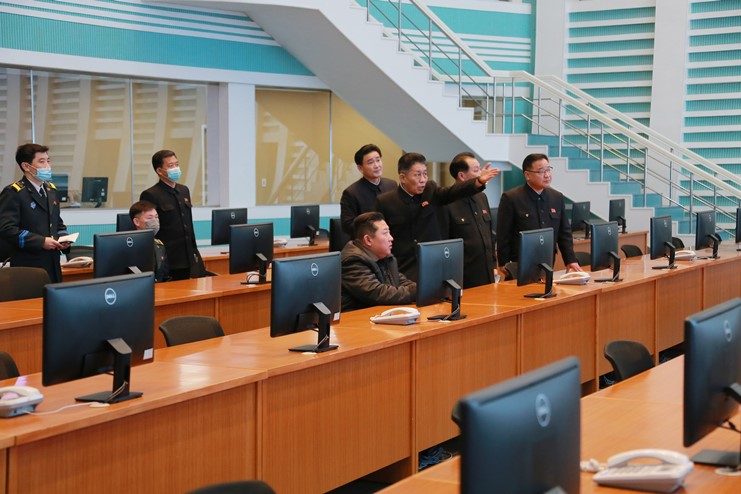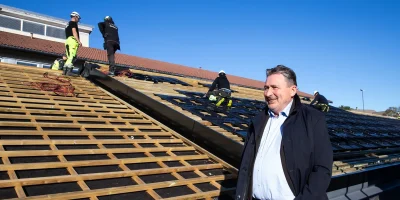
North Korea appears to be accelerating its military reconnaissance satellite program through Russian cooperation, with plans for new deployments this year.
According to a Daily NK source in North Korea, the National Aerospace Development Administration (NATA) submitted a proposal that received Kim Jong Un’s approval on Jan. 18. The directive has been distributed to scientific research agencies in the defense and military sectors involved in satellite development.
The proposal addresses technical limitations identified during launches following the successful deployment of the “Malligyong-1” reconnaissance satellite, outlining research and development plans for additional satellite launches this year.
The source revealed that NATA conducted a thorough analysis of deficiencies in orbital deployment and high-resolution observation capabilities during the 11th General Meeting of the Eighth Central Committee last month. Since the year began, the agency has focused intensively on addressing these shortcomings.
“The proposal details plans to fill technical gaps, particularly in launch vehicle capabilities and observation equipment, through Russian cooperation,” the source said.
These developments appear to confirm earlier concerns about North Korea seeking Russian assistance to overcome technical hurdles in its satellite program. NATA’s proposal specifically seeks Russian state support in three key areas: high-resolution sensor technology, metals for small satellite production, and improvements to delivery vehicle reliability and stability.
“Following the proposal’s distribution, research divisions received specific assignments aimed at enhancing new launch vehicles, improving observation equipment, and ensuring reliable satellite operations. These goals build on lessons learned from the Malligyong-1 launch,” the source explained.
The source added that while NATA will handle basic research and Russian cooperation, the Academy of National Defense Science will focus on designing launch vehicles and precision observation equipment.
However, the program faces both technical and financial obstacles. “While party policy mandates developing and launching satellites using domestic technology and resources, some experts believe that successfully launching military reconnaissance satellites this year or next will be difficult without external technology and support,” the source said.















